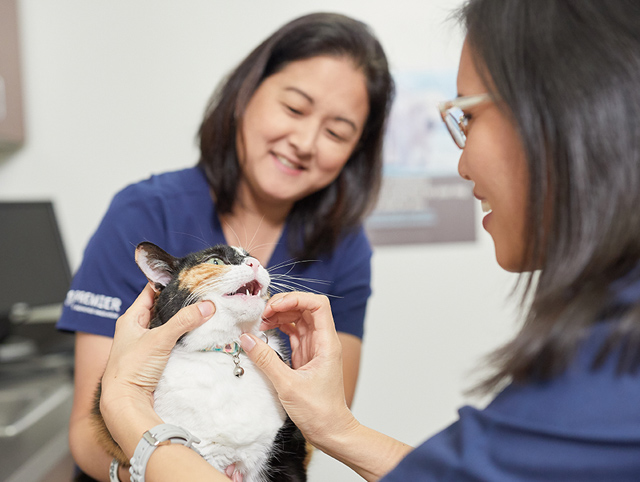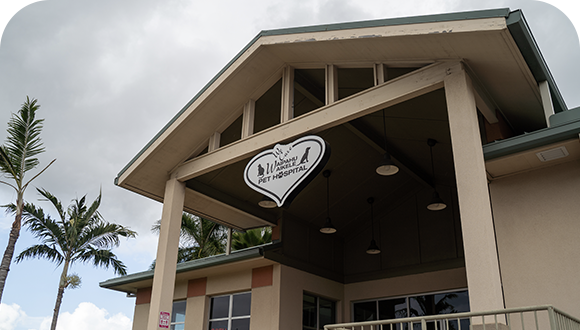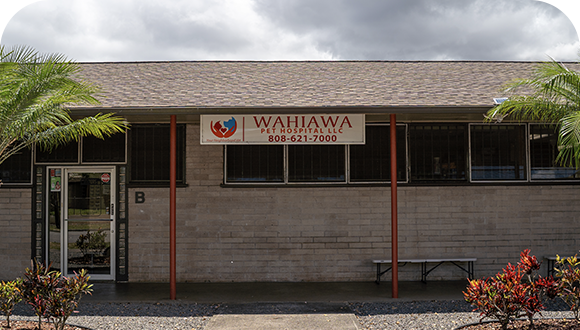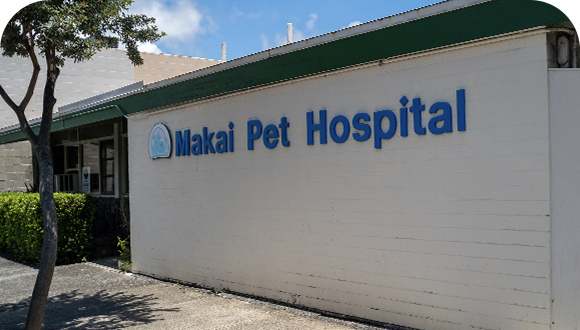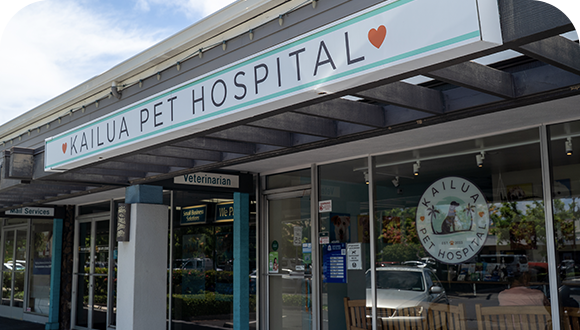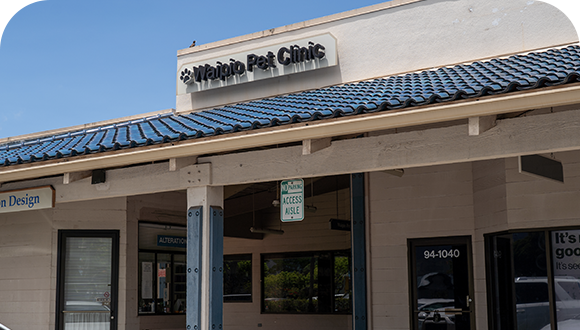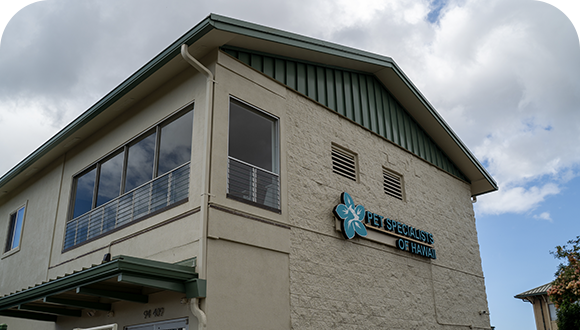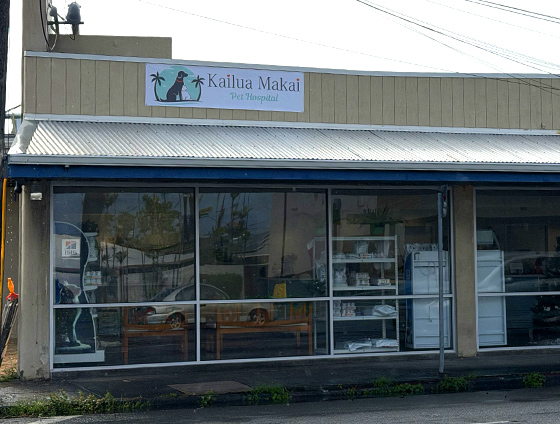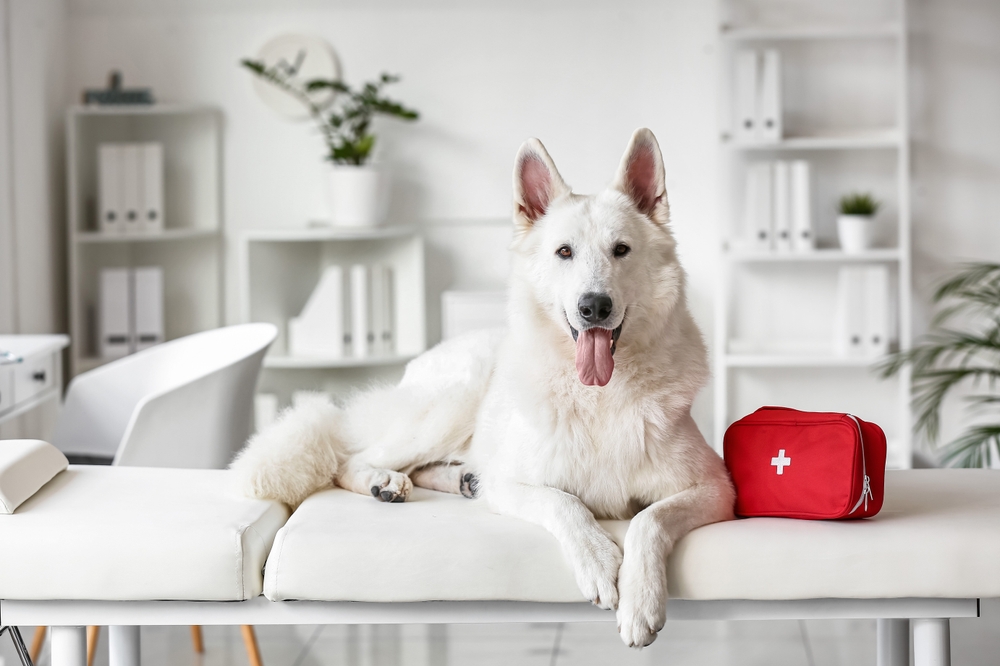
At Pet Hospitals of Hawaii in Wahiawa, we know how stressful it can be when your beloved pet has a medical emergency. While some situations are unavoidable, many of the most common reasons for emergency vet visits can actually be prevented with proper care, awareness, and routine checkups. Here are the top five emergencies we see most often, and how you can help protect your furry friend.
Eating Something They Shouldn’t
Dogs and cats are naturally curious, and sometimes that curiosity leads them to ingest harmful foods or objects- like chocolate, grapes, string, toys, or household chemicals. This can cause anything from gastrointestinal upset to life-threatening blockages or poisoning.
Prevention Tip: Keep dangerous foods and small objects out of reach, secure trash cans, and use pet-safe cleaning products when possible.
Trauma from Accidents
Accidents like being hit by a car, falling from a height, or getting into fights with other animals are among the most serious emergencies. Injuries may not always be visible right away but can quickly become life-threatening.
Prevention Tip: Always keep dogs on a leash outdoors, provide secure fencing, and keep cats indoors or supervised when outside.
Allergic Reactions
Bee stings, insect bites, certain foods, or even new medications can trigger severe allergic reactions in pets. Symptoms may include swelling, hives, vomiting, or difficulty breathing.
Prevention Tip: Be aware of your pet’s environment, monitor them after trying new foods or medications, and talk to your vet about safe preventatives for fleas, ticks, and other pests.
Heatstroke
Hawaii’s warm climate makes heat-related emergencies a real risk. Pets can overheat quickly, especially if left in cars, exercised too vigorously, or kept in hot, humid environments without shade or water.
Prevention Tip: Provide plenty of fresh water and shade, avoid midday exercise, and never leave your pet in a parked car - even for a short time.
Urinary Blockages
Urinary blockages, especially in male cats, can become life-threatening within hours. Symptoms include frequent attempts to urinate, crying out in pain, or blood in the urine.
Prevention Tip: Feed your cat a vet-approved diet, encourage hydration, and schedule regular wellness exams to catch issues early.
Your Pet’s Safety Starts with a Checkup
While emergencies are sometimes unavoidable, many can be reduced or prevented with proactive care and vigilance. By keeping your pet safe from common risks, staying alert to changes in their behavior, and scheduling regular checkups, you can help ensure they live a long, healthy, and happy life.
At Pet Hospitals of Hawaii, our team is here to support you and your pet for emergency or routine care. Schedule your pet’s wellness exam and give them the protection and preventative care they deserve. Visit our office in Wahiawa, Hawaii, or call (808) 621-7000 to book an appointment today.


